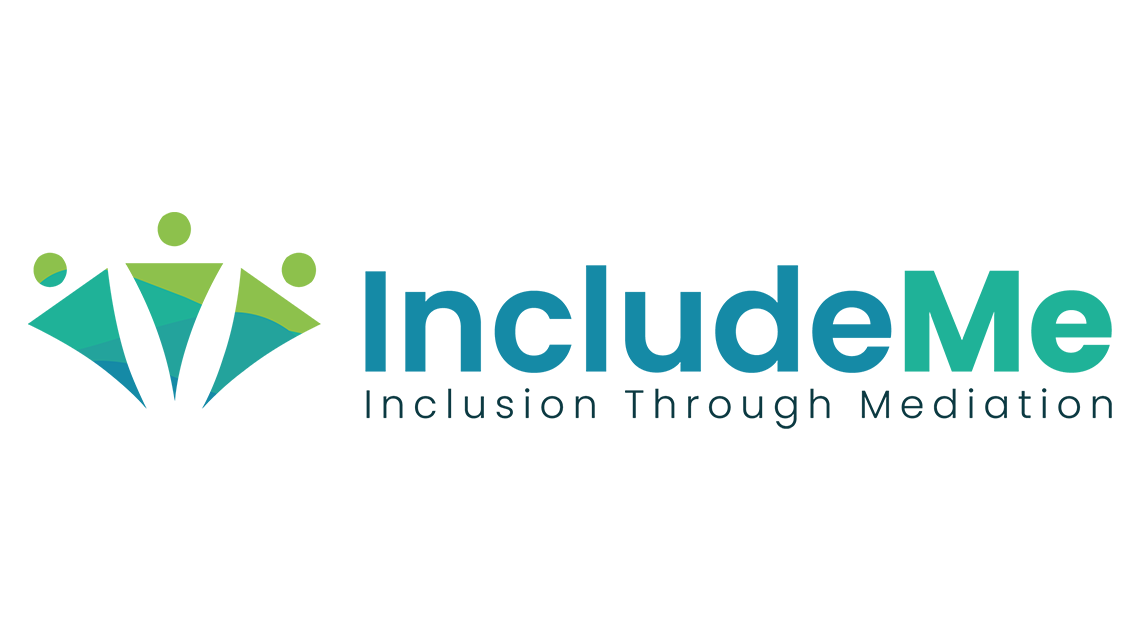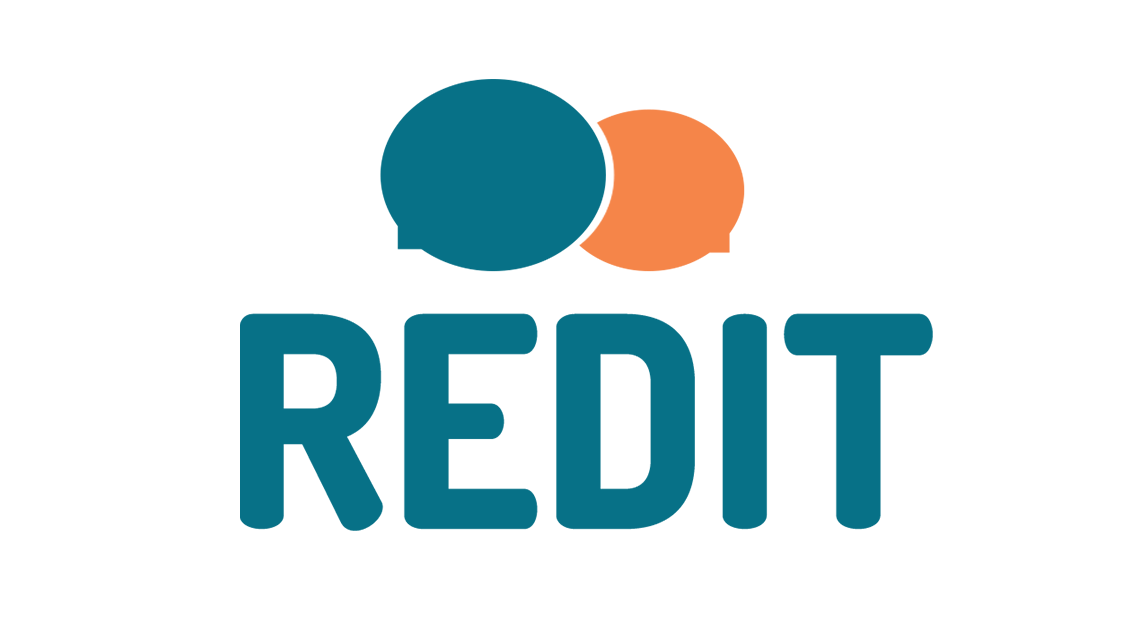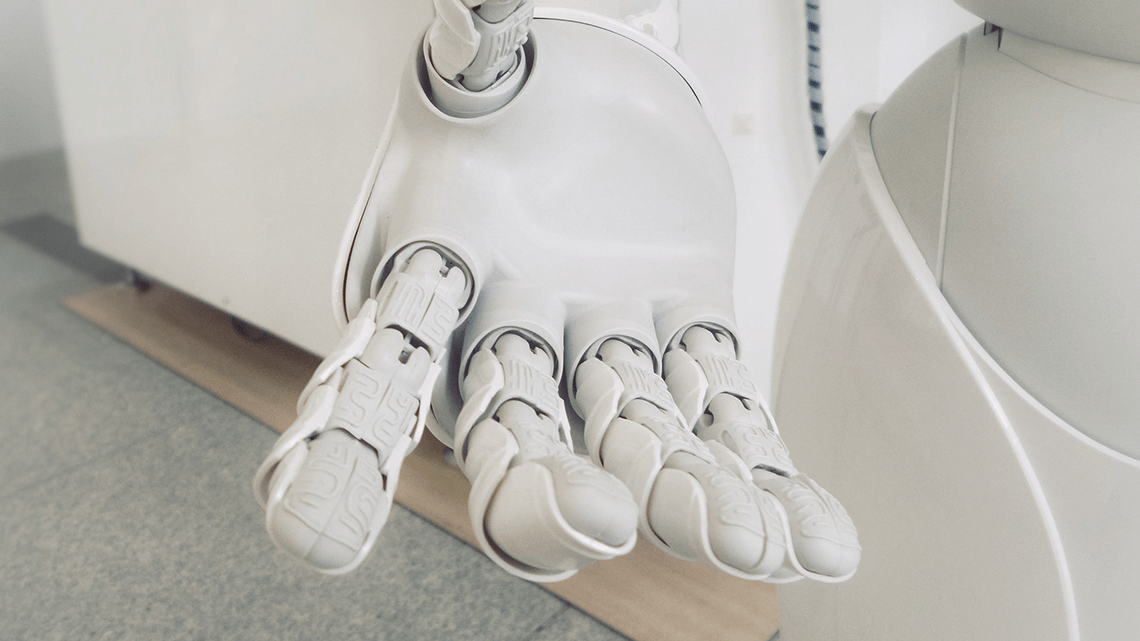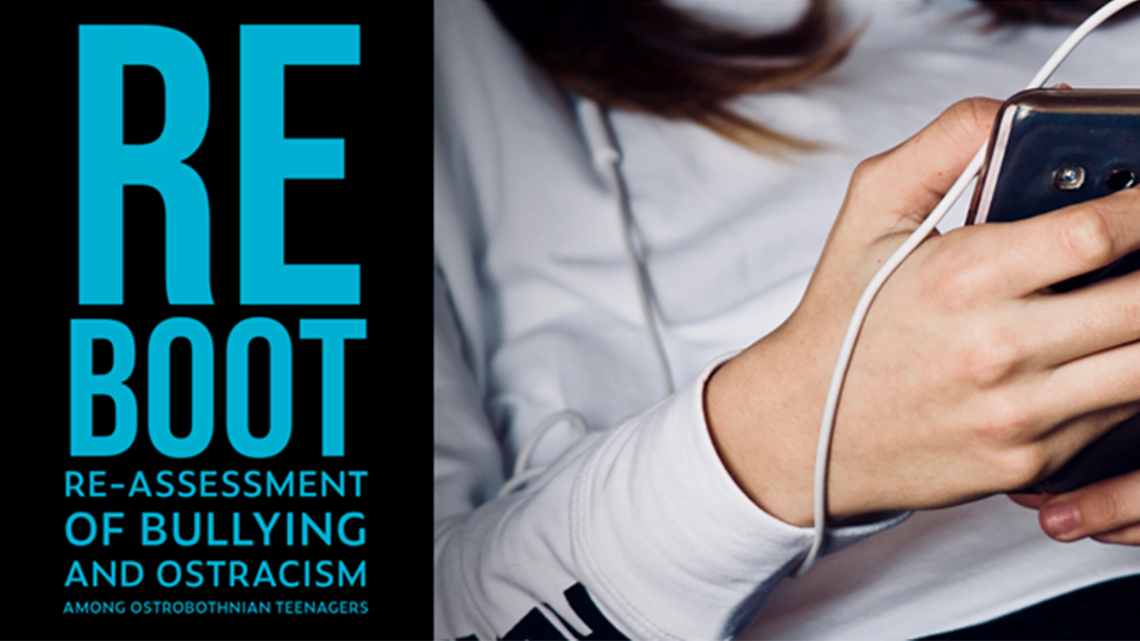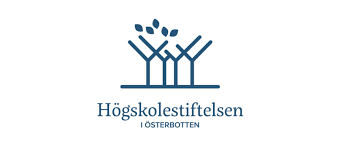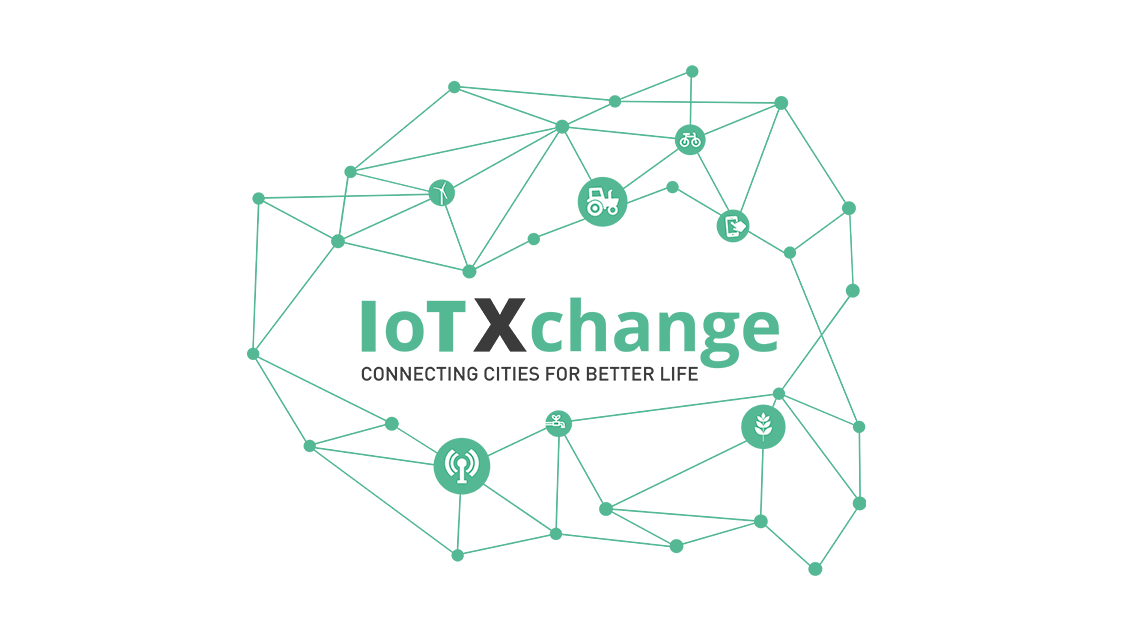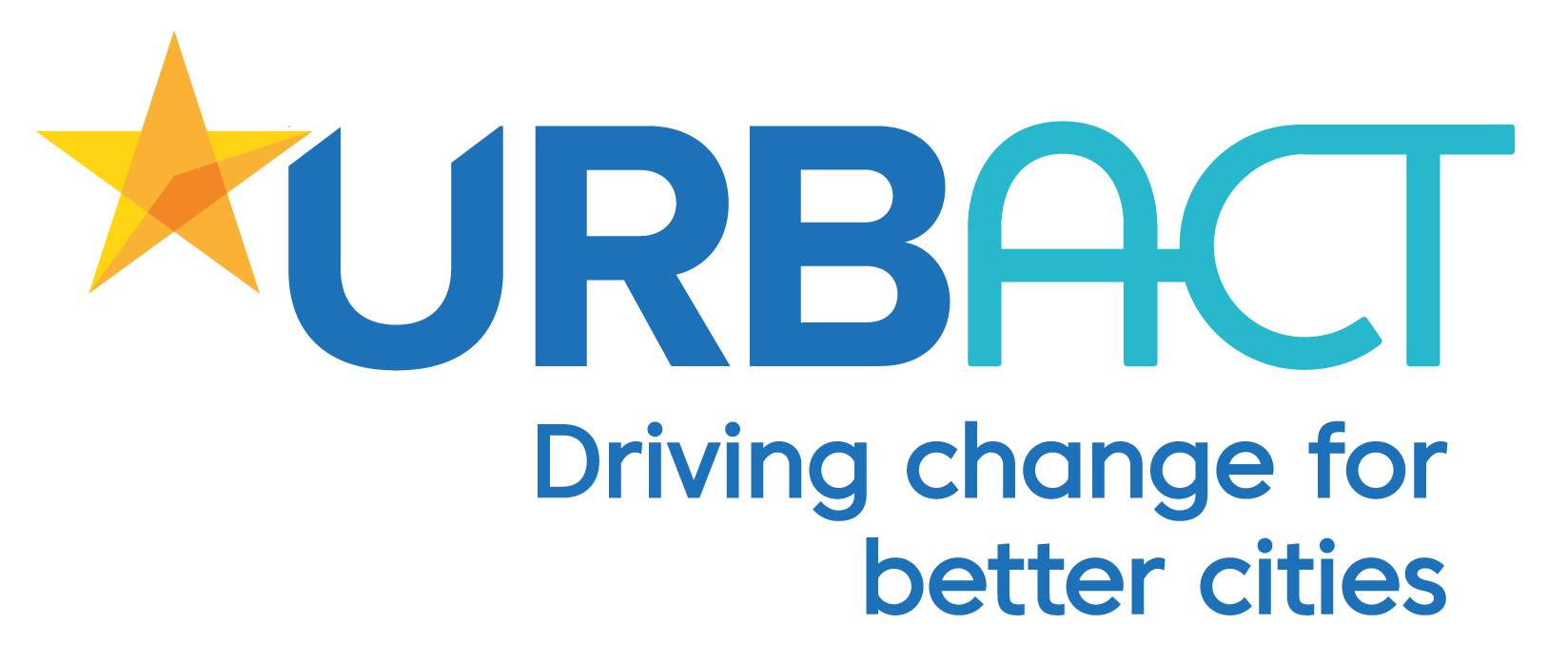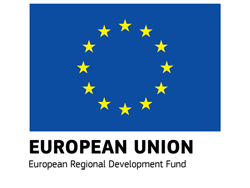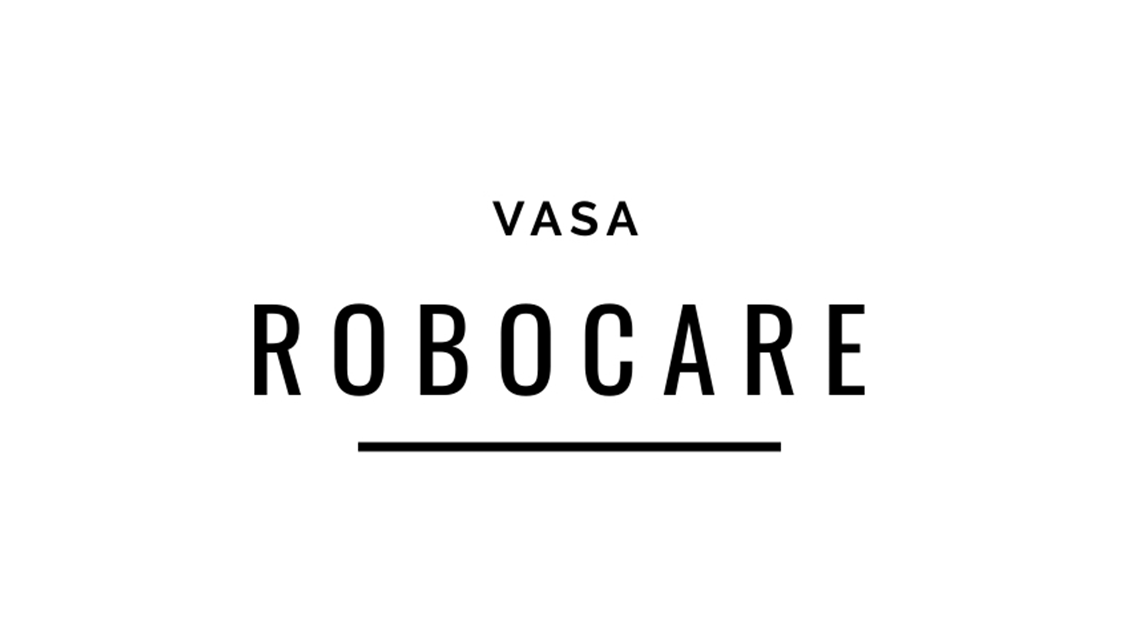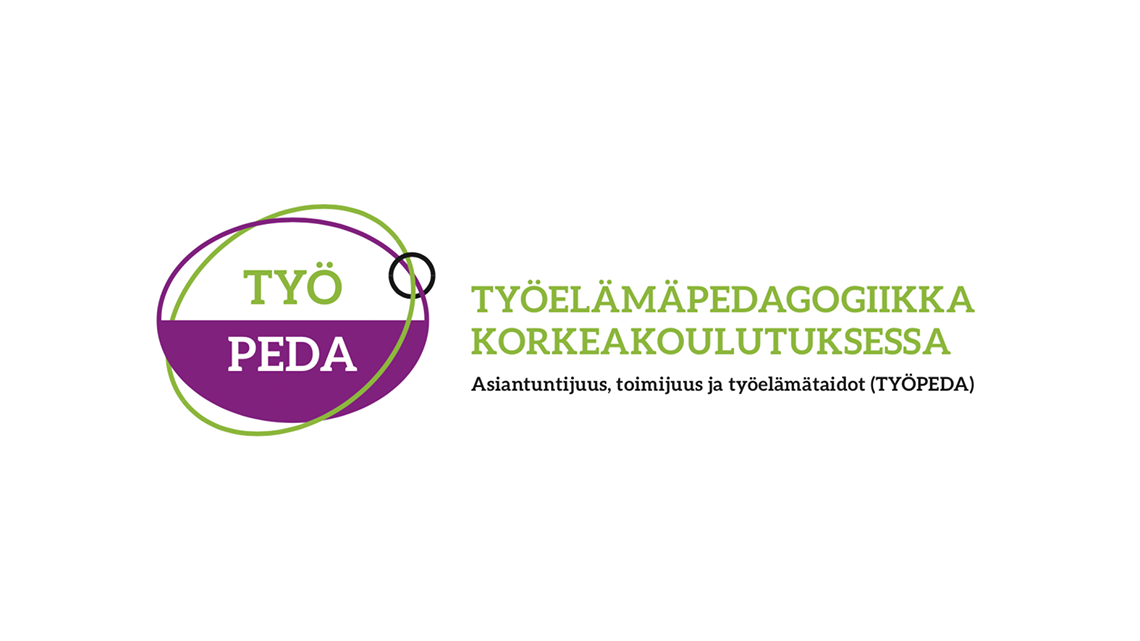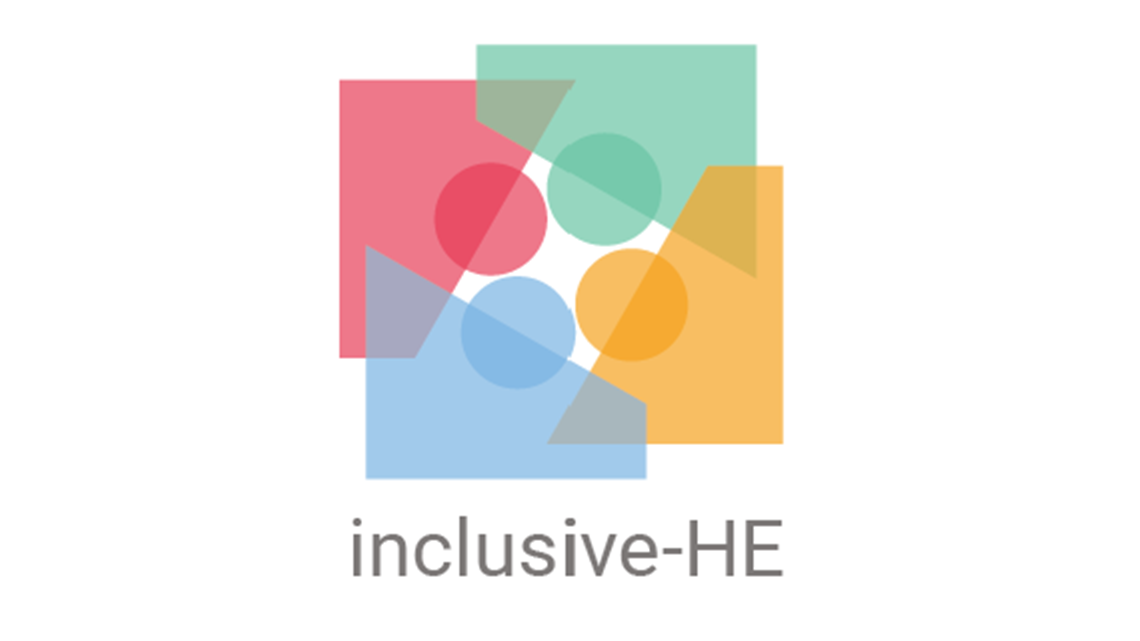 Projects - Finished
Projects - Finished
InclusiveHE – Designing and supporting inclusive practices in Higher…
This project aims to support higher education institutions in the development of innovative and inclusive policies and practices, including:
- Integration of inclusive practices in designing and teaching courses;
- Increase of access, participation and completion rates of underrepresented and disadvantaged groups;
- Increase of the competitiveness of the European Higher Education sector.
The outputs of the project are:
The outputs of the project are:
- Toolkit for supporting the development of inclusive policies in higher education, targeting administrators and policy-makers at higher education institutions;
- Training course on the design of inclusive education programmes targeting learning designers and academics;
- e-learning platform and a MOOC on inclusive practices for academic and support staff.
Experience Lab is involved in project coordination and research together with project leader Emmanuel Acquah from the Minority Research Profile.
The project is co-funded by the Erasmus+ programme of the European Union.
Project Leader and Coordinator: Åbo Akademi University
Project team at ÅAU: Emmanuel Acquah (project lead), Anette Bengs (coordination and research), Kalypso Filippou (research), Yvonne Backholm-Nyberg (communication and coordination)
Project Consortium: Åbo Akademi University (lead partner) Centre for Advancement of Research and Development in Educational Technology LTD-CARDET in Cyprus, University of Pitesti in Romania, University of Latvia, European Universities Continuing Education Network (eucen), Innovade LI LTD in Cyprus
Project webpage: https://ec.europa.eu/programmes/erasmus-plus/projects/eplus-project-details/#project/2020-1-FI01-KA203-066572
